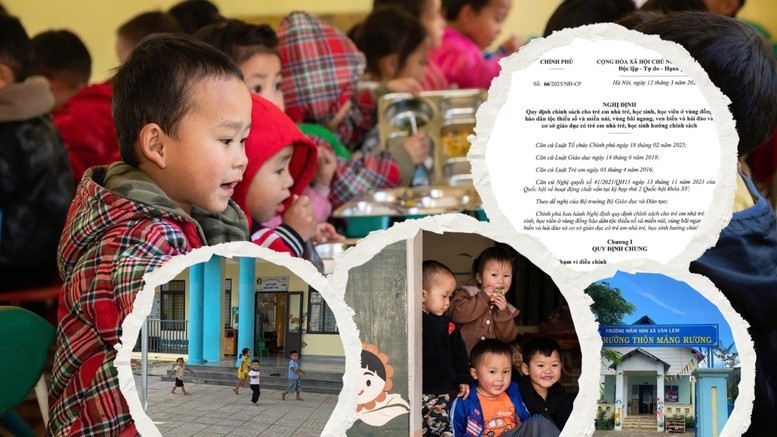Last captive bear in Ben Tre moved to sanctuary
FOUR PAWS Viet on November 15 received an Asiatic black bear named Trang, the last bear kept in private farm in the Mekong Delta province of Ben Tre, putting an end to bear bile farming in the province.
 |
Trang, last captive bear in Ben Tre. (Photo: VNA)
Trang, a 139-kg female bear, has been kept by family of a local woman named Vo Thi Kim Tuyen in Phu Hao village, Phu Hung commune, the provincial capital of Ben Tre since 2002.
It made Ben Tre the 23rd bear farm-free province of the country.
It was a joint effort of Education for Nature Vietnam (ENV) and the Ben Tre Forest Protection Department in convincing bear owners to voluntarily transfer the bear to the FOUR PAWS Viet’s Bear Sanctuary in the northern province of Ninh Binh.
Director of the FOUR PAWS Viet Ngo Thi Mai Huong said the centre has teamed up with other non-governmental organisations (NGOs) to encourage bear owners across Vietnam to voluntarily give up the bears they held as bear is an endangered wild animal that needs protection.
It was estimated that close to 800 bears are still being kept in captivity in the country, she noted, adding that many owners now want to transfer their bears and rescue centres and sanctuaries are ready to take care of the bears and allow them to live in the natural environment.
FOUR PAWS Viet, an animal welfare sister organisation of FOUR PAWS International in Vietnam, was founded in 2017 to implement a long-term strategy for the rescue of bears being held captive on bile farms and to make contribution to nature protection and conservation in Vietnam.
Prior to this, the NGO had sponsored its Vietnamese partners to build the Ninh Binh Bear Sanctuary. The first phase of the site covers 3.6 hectares and offer suitable accommodation for up to 44 bears. Once the second phase completes, the entire site will cover an area of over 9.7 hectares to house up to 100 bears.
According to ENV, the number of bears in captivity in Vietnam sharply declined between 2005 and July 2018 from 4,300 to 780. They had been caged to harvest bile, a digestive fluid used in traditional Eastern medicine. Bear bile farming was outlawed in the country in 1992 but owners were not forced to give up the bears they held, only serving to prolong the harmful practice.
In 2017, the government of Vietnam agreed a plan with non-profit group Animals Asia to shut down all bear farms in the country and move all remaining captive bears to sanctuaries./.
VNF/VNA
Recommended
 National
National
Vietnam News Today (May 12): Party General Secretary Meets With Russian Experts, Intellectuals
 National
National
Vietnam News Today (May 11): Vietnam, Austria to Boost Cooperation in High-Tech Development, Innovation
 National
National
Vietnam News Today (May 10): Vietnamese Peacekeepers Honored with UN Medal in South Sudan
 National
National
Vietnam News Today (May 9): Vietnam Ready to Work With Russia to Elevate Relations
Popular article
 National
National
Vietnam News Today (May 8): Vietnam Remains Committed to UNCLOS
 National
National
Vietnam News Today (May 7): Vietnam Hosts Over 7.67 Million International Visitors in First 4 Months
 National
National
Vietnam News Today (May 6): Party Leader To Lam Meets Vietnamese Expatriates in Kazakhstan
 National
National



